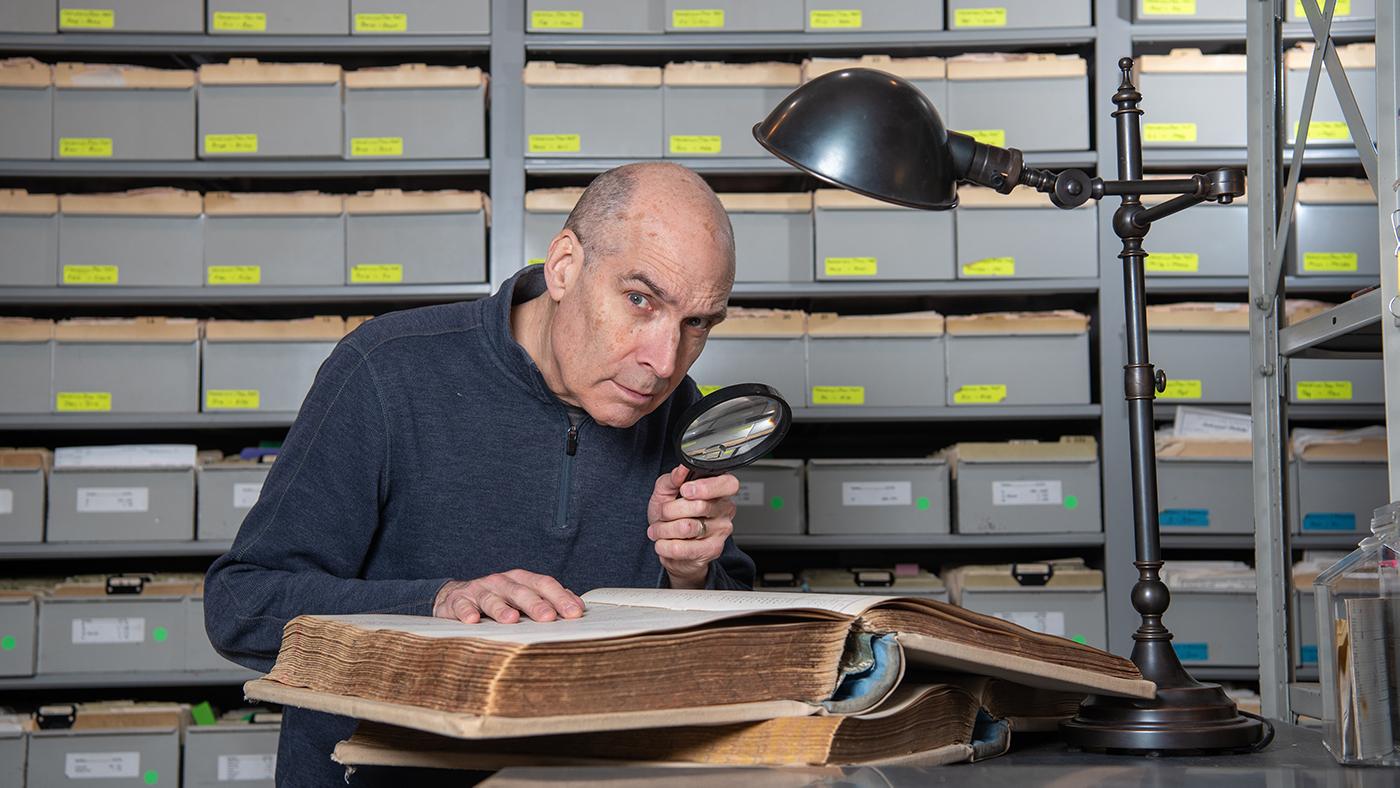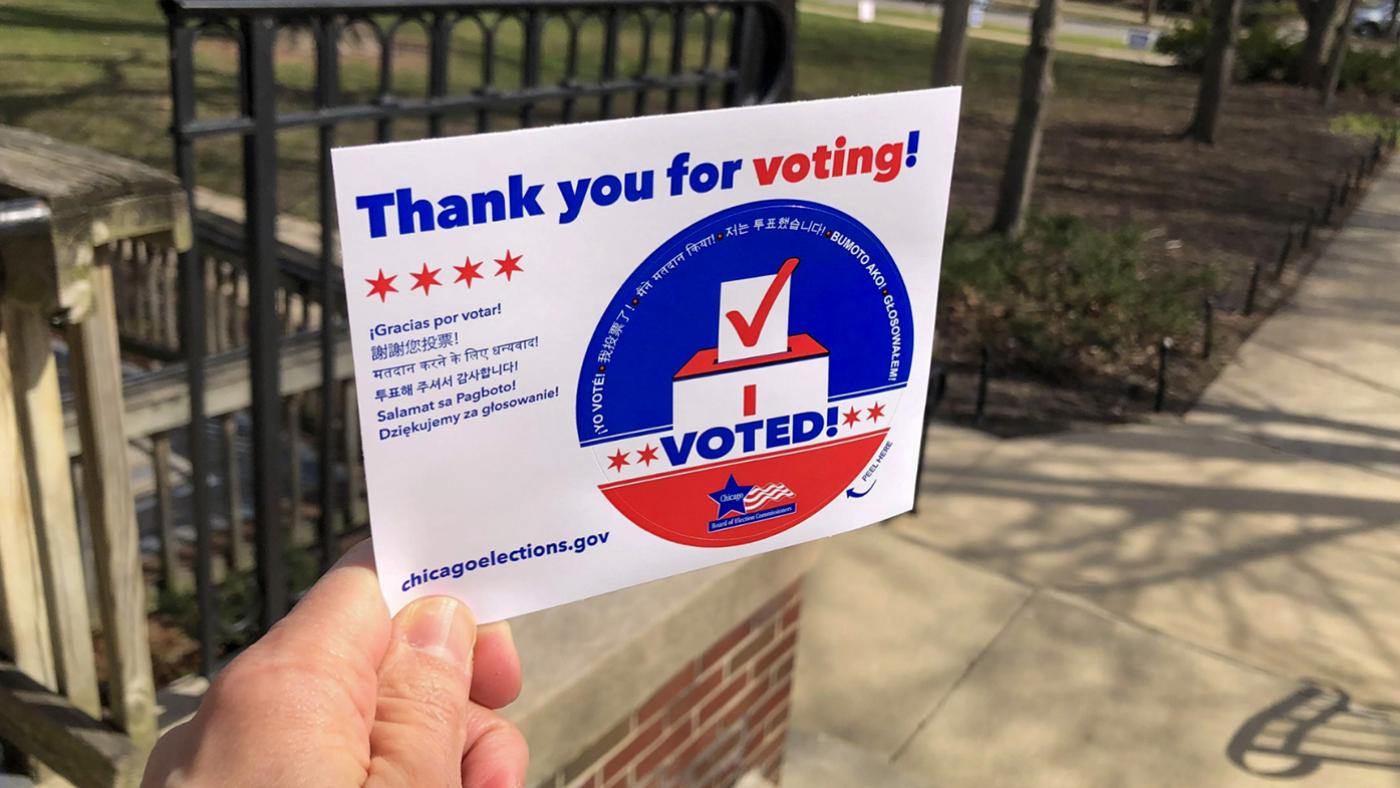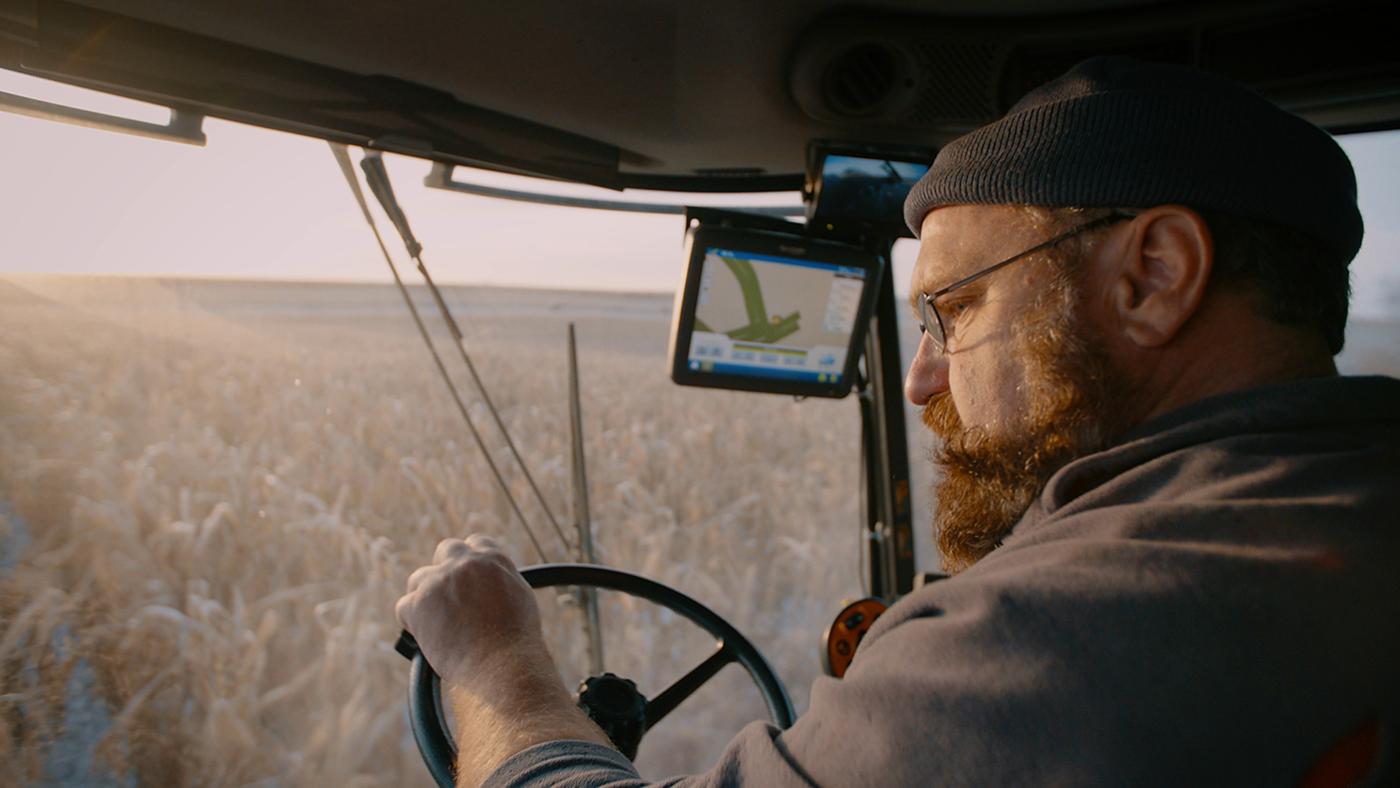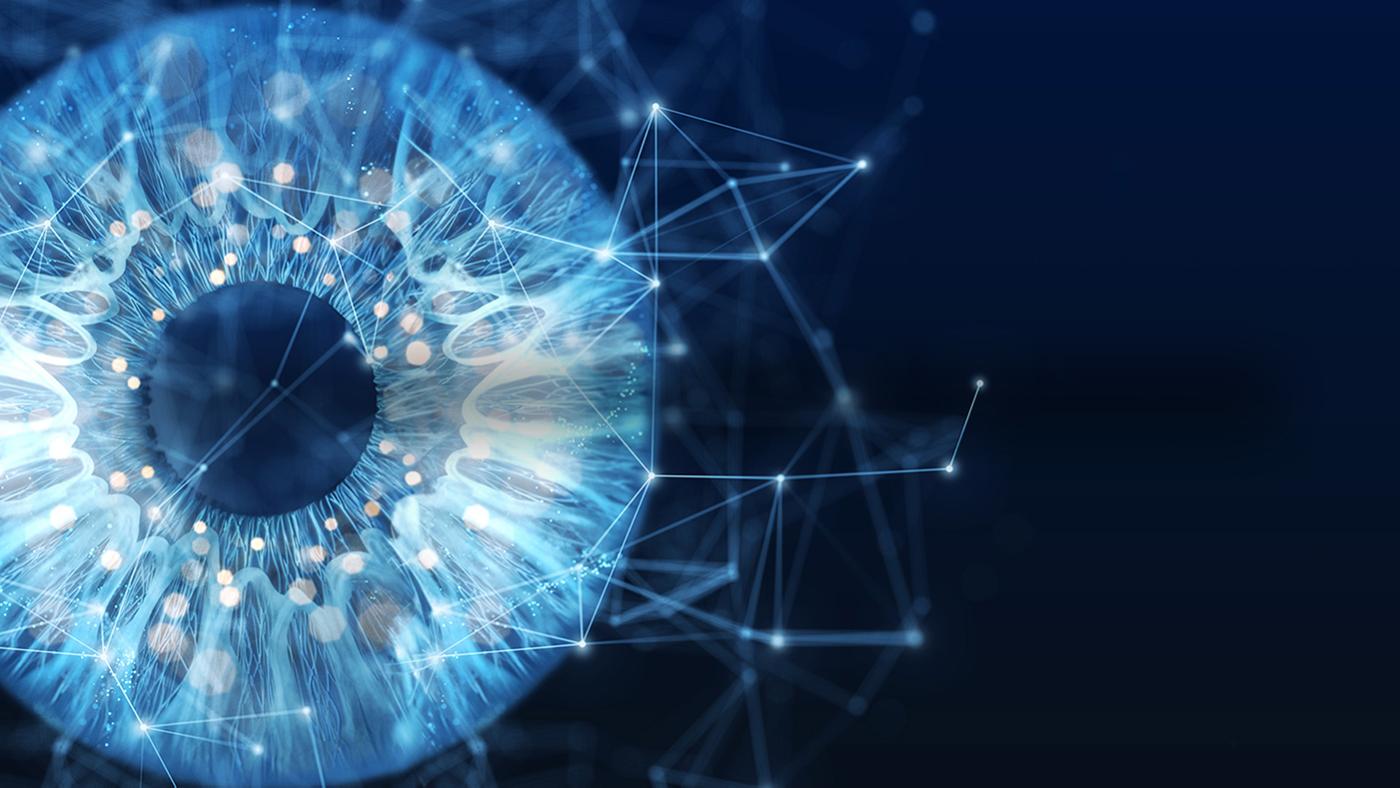How Marin Alsop Has Persevered in a World Full of Obstacles for Women Conductors
Daniel Hautzinger
March 17, 2022

Only one woman has ever led one of America’s top 25 orchestras as music director: Marin Alsop, a MacArthur Fellowship winner who served as music director of the Baltimore Symphony Orchestra from 2007 to 2021. (Nathalie Stutzmann will take over the Atlanta Symphony Orchestra this year.) The new Great Performances documentary The Conductor follows Alsop’s difficult rise and the obstacles women conductors continue to face.
Our sister station WFMT's Vice President and General Manager George Preston spoke to Alsop, whose contract as Chief Conductor at the Ravinia Festival outside Chicago was just extended through 2025. She also serves as Chief Conductor of the Vienna Radio Symphony Orchestra.
This interview has been edited and condensed for clarity.
George Preston: How did you get past the attitudes early on in your career when so many people were telling you that women simply couldn’t be conductors?
Marin Alsop: I think I was pretty incredulous about it. I didn't believe them. But there were enough of them that it was hard to sort of break through that noise. And I think my determination and my stubbornness [helped]: I just outlasted them. Just persistence and always trying to go back and improve my skills and be better at what I did. I was fortunate that I was born with a determined spirit and a tough skin. It was hard to endure, but I just persevered, somehow.
Archaic views like that—that women can’t do something—they say so much more about the person who holds the view than the reality. It’s because either people are unable to expand their vision, or they're afraid, I think. So I always try to remember the source. And it's generational, part of it, so I try to have some compassion for those older generations. When an older conductor would say, “Well, it's OK if you conduct Mozart, but you can't conduct Mahler.” I would just try to laugh it off internally, because it's a ridiculous comment, of course.
But you also have to remember that change is a very slow process. In order for us to become accustomed to seeing different people in new roles, it requires repeated exposure over a long period of time. I try to use myself as a barometer. Change is slow, and in order to effect change you have to be intentional and unrelenting. And I think those are my two biggest qualities!
Preston: Aside from the music itself, are there ways that you feel you are changing the culture of classical music to help open things up to women?
Alsop: I hope so. When I realized early on in my career that there weren't nearly as many women as I had expected coming into the field, I just naively thought, “Oh, there'll be a lot more women now coming in,” you know? And then I looked around and I thought, “Hey, wait, there's about the same number of us all the time, a handful.” I decided that I needed to try to change the landscape for the future, because if I didn't do it, who was going to do it?
So in 2002, I started a fellowship for women conductors called the Taki Alsop conducting fellowship. Now we have a total of 30 awardees. We've created a real community of women who support each other now and are connected to each other. I think that this is really important in order for women to be successful: that they don't feel alone, that they have a chance to make mistakes, and that they're supported through all this.
Preston: How do you gauge the progress that has been made in the musical world? Where do you hope to see it in five years’ time?
Alsop: It’s certainly better. I think it took the MeToo movement to move things forward substantially and I think, like with everything, we have to we have to be intentional about change and we have to be aware of bias that creeps in. I hope in the next few years we see organizations be able to let go of whether this is going to be the “first woman ever appointed” or blah blah blah, all these kinds of things, and women are considered for their artistic merit. I think when we arrive there, then I'll exhale at that moment.
Preston: Do you ever get tired of questions about gender in interviews like this?
Alsop: I get tired of the focus on gender, because gender is something I had no hand in. I'm much more interested in talking about my personal and artistic growth over the last decade or last two decades, and where I've tried to focus my artistic efforts, and things that I really have invested in and made conscious efforts at changing or developing, because that's something that I have a responsibility in and can be held accountable. I can't be held accountable for my gender. That was just a roll of the dice.
I don’t mind talking about it because I feel that someone has to. I like being an advocate for others, and I take that responsibility to heart. But this is probably the least distinguishing thing about me. The thing I speak about the most is probably the least interesting thing about me.
Preston: Can you give us some of the highlights of the new Breaking Barriers Festival celebrating women conductors that you are curating at Ravinia this summer?
Alsop: This summer marks the centenary of Margaret Hillis, who was so instrumental in founding the Chicago Symphony Chorus and was such a gifted conductor. We have an entire weekend of events and seminars that will I think shine some light on important discussion points. We kick it off with several of the Taki Alsop conducting fellows joining me on the podium, [including in] a piece for three conductors. The big orchestral program is a nod to Margaret Hillis and the Chicago Symphony Chorus with my mentor Leonard Bernstein's Third Symphony, the Kaddish. We have a family concert with the Chicago Symphony featuring a phenomenal new work by Jesse Montgomery based on the book by Mo Willems called Because. And then we close out the whole festival with a performance by esperanza spalding, this amazing artist on so many levels. We have so many things planned, it’s going to be great.
WTTW Passport members can stream a Ravinia Festival production of Leonard Bernstein's Mass led by Marin Alsop as part of Great Performances any time.







